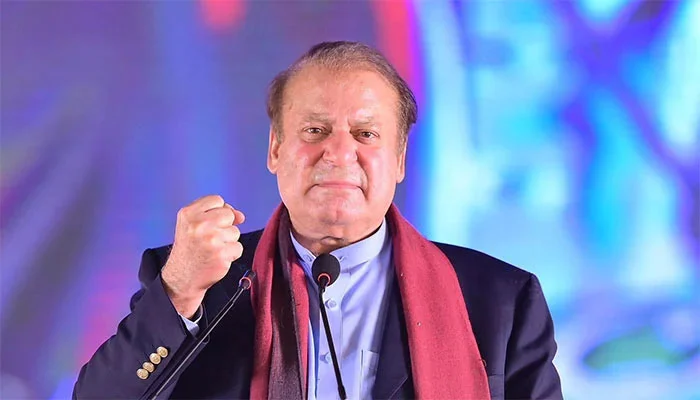In a landmark decision, the Supreme Court of Pakistan recently declared former Prime Minister Nawaz Sharif ineligible for future elections due to his involvement in the Panama Papers case. The ruling has sparked diverse opinions among constitutional experts, primarily centered on the interpretation of Article 62(1)(f) of the Constitution.
Article 62(1)(f) lays out the grounds for disqualification, including “not being sagacious, righteous, non-profligate, honest and Ameen.” However, legal experts argue that this article does not explicitly mention disqualification due to a specified term of ineligibility. Despite this, the Supreme Court’s interpretation contends that disqualification under Article 62(1)(f) implies a specific term of ineligibility.
Following the court’s decision, the Election Act of 2017 was amended to fix the term of disqualification at five years. Despite the expiration of Nawaz Sharif’s disqualification period as determined by the parliament, the Supreme Court has taken note of discrepancies in the judicial decisions and the amended election law.
On Monday, the Supreme Court issued notices to the Attorney General and all provincial Advocate Generals, seeking clarification on the inconsistency between the judicial decision and the amended Election Act. The court has initiated a hearing on the matter, scheduling it for January 2024. Chief Justice Qazi Faez Isa has referred the case to a larger bench, indicating the significance of the issue.
The case, titled “Imam Qaiserani v. Mir Badshah Qaiserani,” was taken up during the hearing on disqualification due to electoral discrepancies. Chief Justice Qazi Faez Isa directed a committee of judges to determine the duration of disqualification, and the proceedings are set to unfold in early 2024.
Commenting on the situation, Hasan Raza Pasha, Chairman of the Pakistan Bar Council’s Executive Committee, expressed uncertainty about the Supreme Court’s reliance on Article 62(1)(f) for determining the term of disqualification, noting that the article does not explicitly mention any specified duration.
As the legal proceedings unfold, the decision’s implications on Nawaz Sharif’s political future and the broader electoral landscape in Pakistan remain uncertain, raising questions about the consistency and clarity of constitutional provisions related to the disqualification of political figures.



